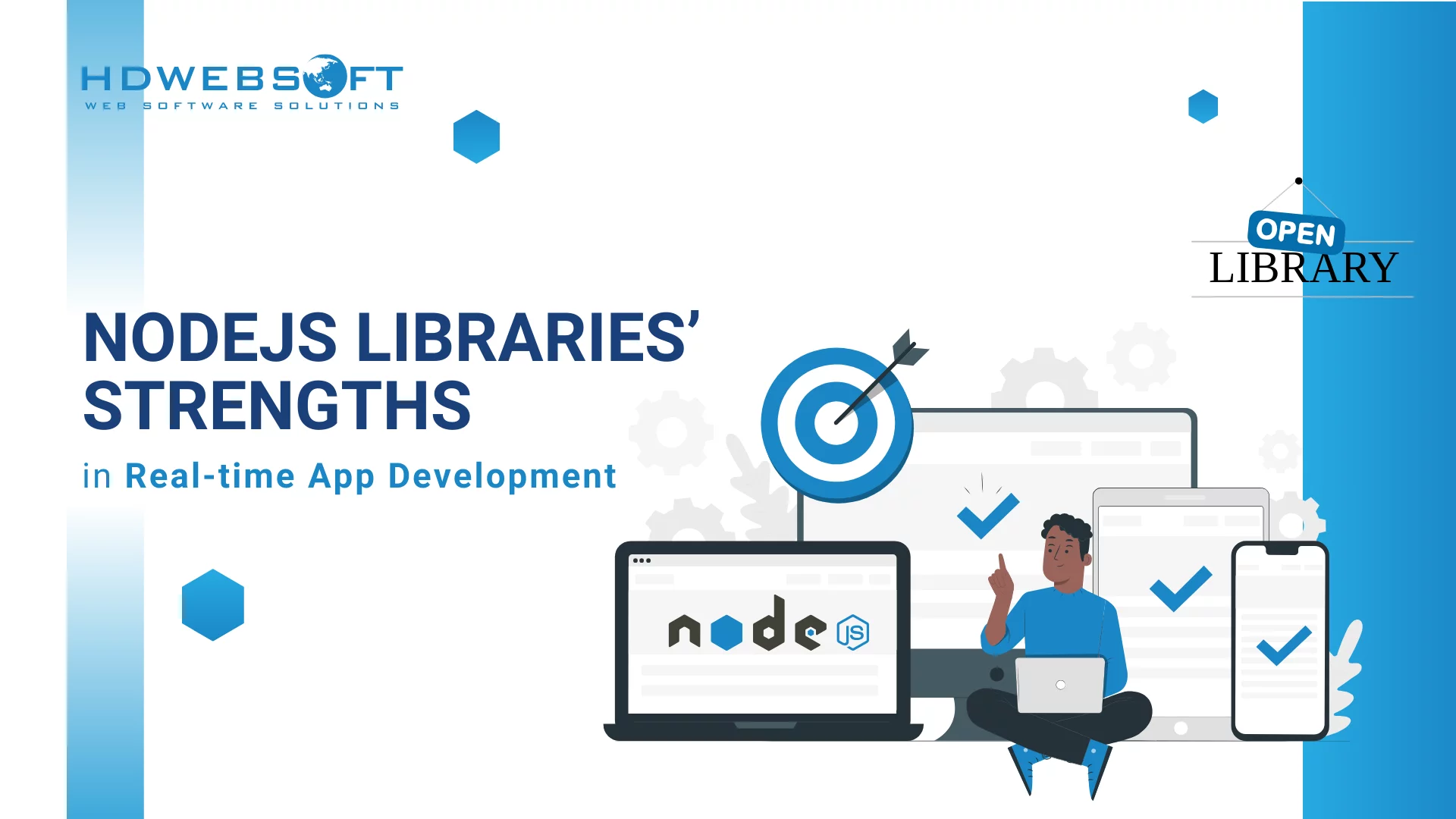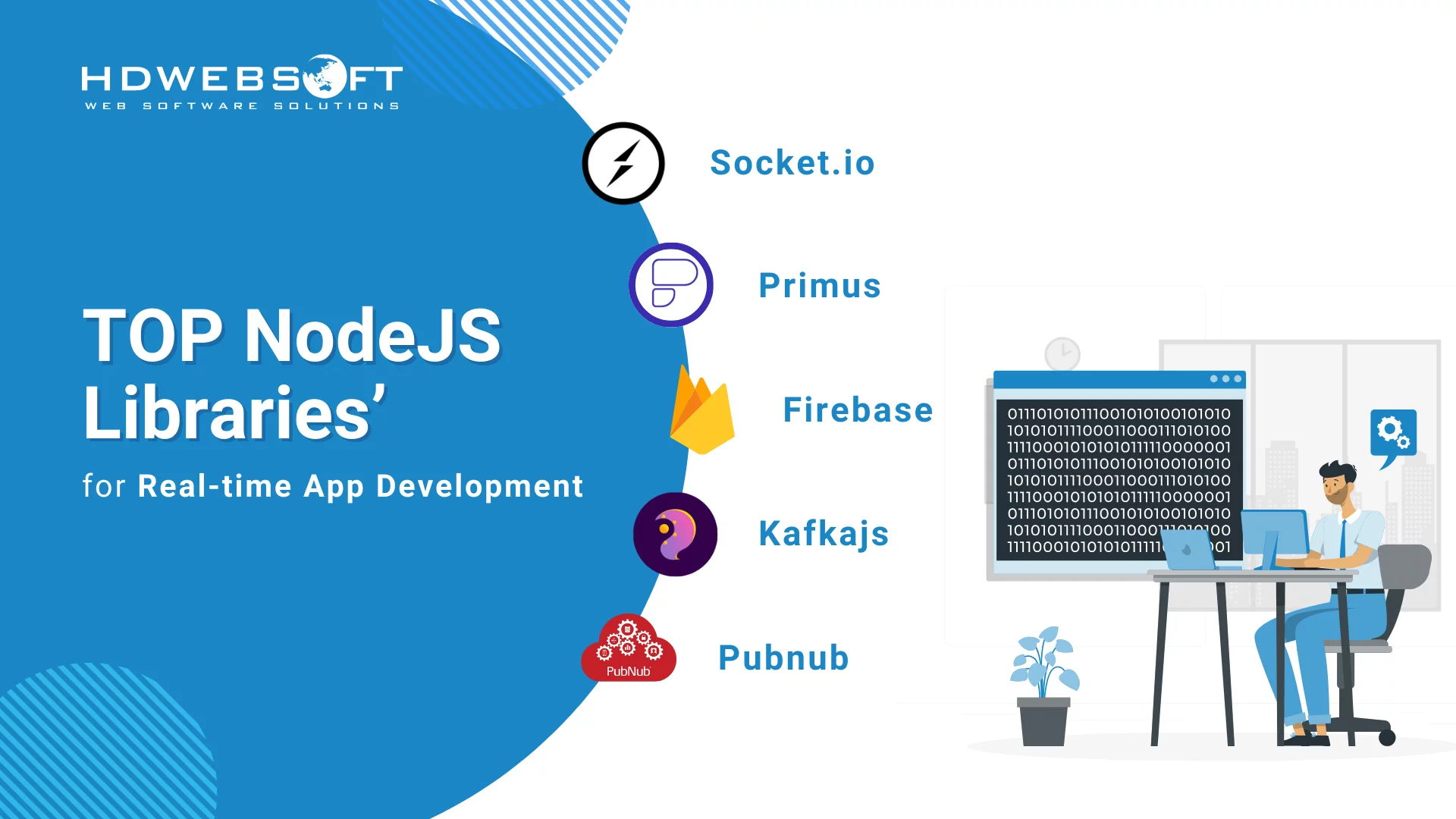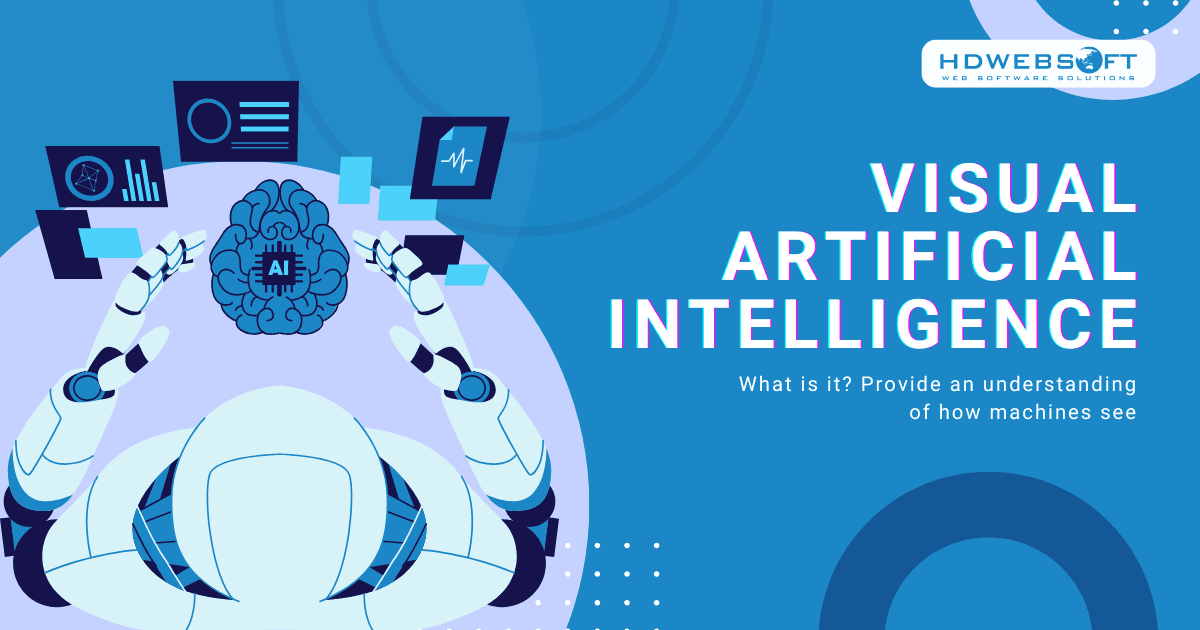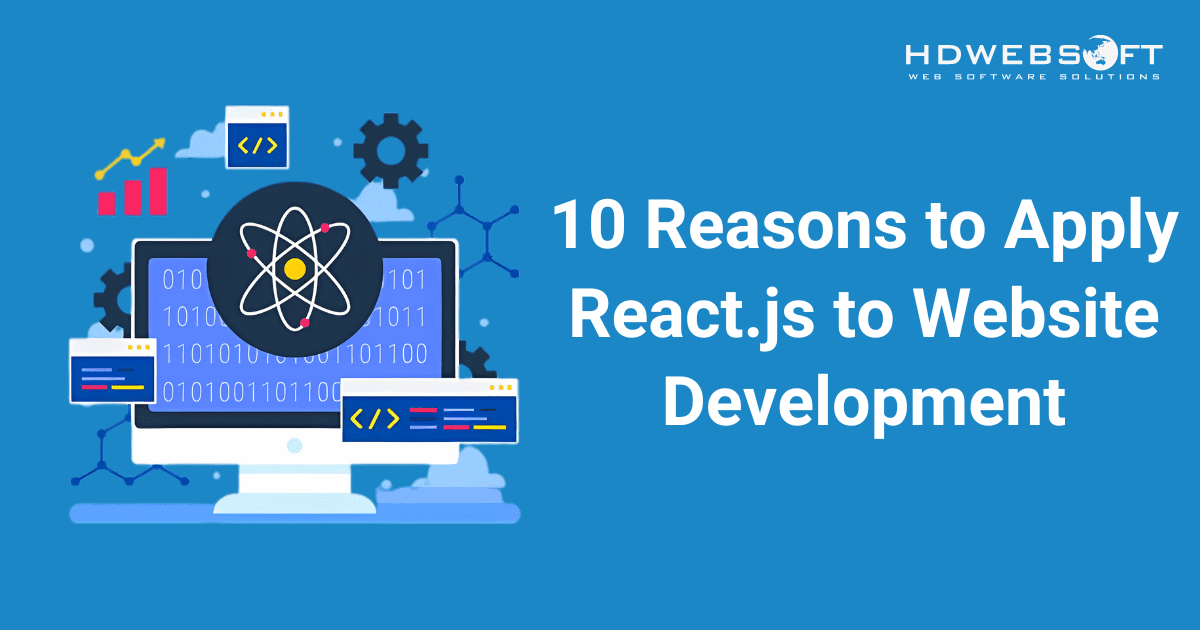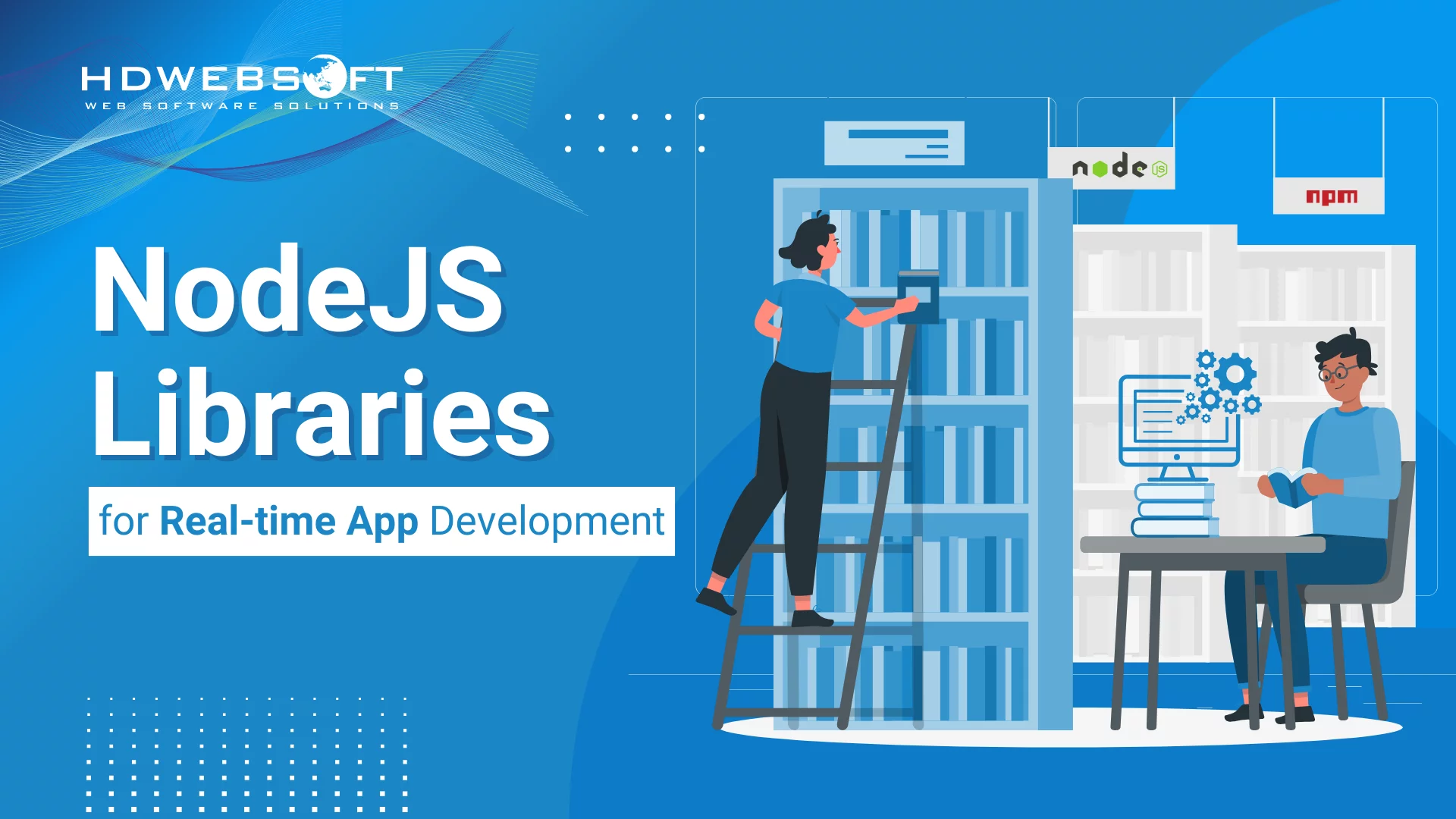
How to Choose NodeJS Libraries for Your Real-time App Development?
Today, real-time functionality has become a prominent feature of user engagement. From social media platforms to chat applications, businesses are using the power of real-time apps to improve user experiences. No wonder that 42.65% of developers worldwide choose Node.js for web frameworks, and this number will increase by 2024. Node.js has emerged as a powerful tool for developing real-time applications due to its non-blocking I/O model and event-driven architecture.
So what is real-time app development? How to choose Node.js libraries to build it?
In this blog, we will explore NodeJS libraries that can help you build real-time apps easily. Then, we will discuss the importance of real-time applications, the role of Node.js in their development, and some of the top NodeJS libraries that can benefit your projects.
By the end of these helpful words, you might have a better perspective of which NodeJS libraries are best suited for your specific needs!
Understanding Real-Time App Development
Importance of Real-Time Applications
Understanding the importance of real-time app development is key to creating applications that meet the rising expectations of today’s tech-savvy users. Some industries, such as finance, healthcare, gaming, collaborative platforms, data processing, etc., heavily rely on these applications for their operations.
In fact, some real-time messaging apps such as Messenger, Whatsapp, WeChat, Line or Telegram have made people more and more closely connected.
Real-time applications aim to improve user engagement and satisfaction through instant data updates and synchronization. Therefore, real-time application development refers to the creation of applications that provide instant updates, interactions, or information as events occur without any perceptible delay.
Impact of Real-Time Apps Across Industries
One prominent area where real-time applications have a significant impact is the communication industry. Messaging apps, video streaming and social platforms use real-time functionality that allows users to interact seamlessly, regardless of physical distance. Some platforms such as Facebook, Twitter or Tiktok are the most popular real-time apps examples in 2024
The gaming industry is also seeing a rise in real-time applications. Multiplayer online games, AR experiences, and live streaming platforms have become immersive and dynamic, offering users the experience of real-time interactions. Some popular examples are Twitch and YouTube.
Beyond communication and entertainment, real-time applications play an important role in finance, where split-second transactions and market data analysis are vital.
Moreover, real-time applications have become indispensable in the workplace. From co-editing documents in real-time to creating online meetings, these applications enhance productivity and teamwork among teams spread across different locations.
The Benefits Of NodeJS Libraries In Real-time App Development
Node.js provides many libraries to give developers a flexible and powerful platform to create responsive and scalable applications.
NodeJS libraries, hosted on the NPM (Node Package Manager), offer reusable code modules, tools, and frameworks for various functionalities such as:
- Data validation and authentication.
- Enhances the development of real-time applications.
- Allow the integration of external sources and APIs.
- Improve software development.
- Interact with smart contract and source code from external.
The biggest strength of Node.js is its non-blocking I/O operation, which allows Node.js developers to program backend services that can handle many concurrent requests at the same time.
Next, developers can create applications with real-time information updates that meet the high expectations of modern users. These characteristics are especially useful for data-intensive projects, allowing developers to provide information quickly as events occur.
Efficient Asynchronous Operations in Real-Time
One of the key benefits of Node.js in the real-time development landscape is handling asynchronous operations efficiently. The non-blocking I/O operations from NodeJS libraries allow developers to process multiple requests concurrently and perform tasks without blocking the execution of other code.
This efficiency is especially beneficial in applications such as live chat, online games, and collaboration tools.
Scalability
Scalability is another strength of Node.js, especially with web and app development. So, the feature of Nodejs makes it ideal for real-time applications, including:
- Able to deploy on multiple platforms
- Can process real-time data and network request
- Handle multiple tasks together
- Offers great compatibility with leading cloud computing platforms like AWS
Node.js offers fast execution speed, an event-driven architecture, and an extensive module ecosystem. This makes it a preferred choice among developers who want to create single JS applications and other types of applications.
Unified Development
Unified development is another benefit of Node.js because it allows developers to write JavaSript on both the frontend and backend. That means the entire real-time app will be in a unified environment, which makes it easy to maintain and develop.
So, the developers can improve the real-time app by eliminating the need for a separate web server. This makes the development process faster, easier, and more efficient by promoting code reusability and reducing the learning curve for developers.
As a result, this benefit allows IT teams to work effectively across the entire application stack.
Websockets Support For Seamless Real-Time Communication
Node.js can also be used to code WebSockets Sever and enable seamless two-way communication. For example, Nodejs developers can use Nodejs to program communications according to the instructions or documentation of WebSockets. One of the most reliable Nodejs libraries is Socket.io
So, Node.js is a powerful technology that enables real-time updates without the need for constant refreshing. It is a great choice for applications that require continuous data streaming and instant user interaction, such as chat apps, collaborative tools, and live-streaming platforms.
With Node.js, end users can enjoy seamless and uninterrupted experiences, making it a popular choice among developers and businesses alike.
Diverse Library Ecosystem
Besides event-driven architecture and web-socket support, Node.js has a range of libraries that can help developers during the development process. Then, some key advantages of using Node.js libraries to power your project include:
- Manage multiple HTTP requests
- Handle concurrent connections
- Facilitate continuous data updates from a server.
These libraries help developers with various challenges and can improve the real-time applications they create.
Top NodeJS Libraries For Real-Time App Development
The NodeJS library is necessary to improve functionality, efficiency, and scalability, providing developers with countless pre-built modules to streamline common tasks. However, the process of choosing the most suitable NodeJS library requires careful consideration.
So, several important factors shoud be considered, such as:
- The complexity of the application
- The sustainability of the library community
- The frequency of updates
- The quality of materials provided.
- The security features and measures of the library
Let’s discuss some NodeJS libraries that can elevate your real-time app development experience.
Socket.io
Socket.io stands out as one of the foremost NodeJS libraries for real-time application development. Its versatility and ease of use make it a go-to choice for developers. Socket.io excels in building interactive and dynamic applications by providing real-time bidirectional event-based communication.
Its support for various transport mechanisms ensures seamless communication between the server and clients, making it a cornerstone in the toolkit of Node.js developers focused on real-time functionalities.
Some strengths of this library include:
- Real-Time Bidirectional Communication: Socket.io facilitates seamless bidirectional communication between the server and clients, ensuring instant updates for real-time applications.
- Transport Mechanism Support: Its support for various transport mechanisms, including WebSocket, AJAX long polling, and more, ensures efficient and low-latency communication, enhancing responsiveness.
- Event-Based Architecture: Socket.io operates on an event-driven architecture, allowing developers to create custom events, fostering flexibility and scalability.
- Fallback Mechanism: Socket.io includes a fallback mechanism for environments where WebSocket is unsupported, ensuring cross-browser compatibility.
Socket.io is a reliable high-level tool. However, when it comes to the implementation of the underlying protocol, there are some downsides to consider. Socket.io has dependencies on external components, which can increase the complexity of the development environment. This complexity requires careful management.
Primus
Primus, one of the prominent NodeJS libraries for real-time application development, boasts several advantages that contribute to its popularity.
Now we will talk about how it can help developers:
- Universal Wrapper: Primus is a universal wrapper for real-time frameworks, allowing developers to switch between frameworks seamlessly.
- Modular Architecture: Its modular architecture enhances adaptability, enabling developers to customize the library according to specific project requirements.
- Performance Focus: Primus strongly emphasizes performance, making it well-suited for scalable and efficient real-time applications.
- Flexible Protocols: Supporting diverse real-time communication protocols, including WebSocket and HTTP, Primus empowers developers to choose the most suitable protocol, enhancing application versatility.
- Connection Resilience: Primus handles connection issues, ensuring stable real-time communication even in challenging network conditions, making it a reliable choice for applications where connectivity is crucial.
When considering using Primus as a library for your project, it’s important to note that the community may be smaller than other libraries, which could impact the availability of resources and support. So, while Primus’ modular architecture offers adaptability, it may introduce complexity, especially for smaller projects.
Although Primus provides essential features for real-time communication, it may lack some of the built-in functionalities provided by more specialized libraries. Therefore, developers may need to implement additional features or plugins to achieve specific requirements.
Firebase
Firebase provides a powerful platform for real-time application development, offering significant advantages in synchronization, authentication, scalability, serverless functions, and integration with NodeJS libraries.
Next, Firebase is famous in the developer community because:
- Integration with NodeJS libraries: Firebase seamlessly integrates with NodeJS libraries, enhancing the development process with additional tools and functionalities. This compatibility leverages the rich ecosystem of NodeJS libraries, contributing to a more efficient and feature-rich development experience.
- Real-time Database: Firebase’s real-time NoSQL database ensures instant data synchronization across clients, making it ideal for applications that demand live updates and collaborative features, eliminating manual data handling.
- Authentication and Security: Firebase simplifies user authentication with robust services, supporting various methods for secure application login processes. This enhances both security and user experience without requiring extensive custom coding.
- Serverless Functions: Firebase incorporates serverless computing via Cloud Functions, enabling backend code execution in response to events or HTTPS requests. This enhances development efficiency and simplifies infrastructure management.
Firebase is a platform that may limit flexibility to migrate to other platforms, due to its proprietary nature. Its real-time database poses some challenges for developers when it comes to querying complex data models.
While Firebase is strong in providing real-time updates, performance may be impacted by intricate queries or large datasets, which require careful optimization.
Kafkajs
Kafkajs offers a robust solution for real-time application development, integrating seamlessly with the Node.js ecosystem. Some popular feature of this library are:
- Simplicity and Ease of Use: Kafkajs stands out for its user-friendly API, ensuring easy integration and efficient implementation of Kafka-based real-time features. Its straightforward design allows for a smooth process when incorporating these features into applications.
- Performance Focus: Kafkajs prioritizes performance, efficiently handling large-scale data streaming with high throughput and low-latency communication. This ensures swift processing and delivery of real-time data, making it ideal for applications requiring rapid and reliable data streaming capabilities.
- Efficient Kafka Client: Kafkajs stands out as a robust Kafka client tailored for Node.js, ensuring seamless integration with Kafka clusters while providing efficient functionality.
- High Throughput: The library is specifically crafted to handle high-throughput data streams, making it well-suited for scenarios requiring real-time data processing capabilities.
Also, Kafkajs may be better suited for niche use cases involving Kafka. It excels in scenarios where real-time, scalable, and reliable data transmission is paramount. Conversely, Kafkajs may not be best suited for simpler applications or those with less emphasis on real-time event processing.
PubNub
PubNub is a real-time communication platform offering APIs for creating and expanding real-time applications. While it does not strictly fall under the category of traditional Node.js libraries, PubNub offers a Node.js SDK (Software Development Kit). This SDK enables the integration of PubNub functionalities into Node.js applications.
So what make Pubnub is trusted by many developers? Well, this library offer some key benefits such as:
- Global Scalability: PubNub’s infrastructure allows for global scalability, ensuring low-latency communication worldwide. This is crucial for real-time applications that need to serve a geographically diverse user base.
- Comprehensive Communication Platform: Pubnub is an all-in-one solution for real-time communication, covering chat, notifications, and live updates.
- Ease of Integration: PubNub facilitates easy application integration with a user-friendly API. The platform’s compatibility with Node.js libraries further streamlines the development process, allowing for efficient utilization of existing tools.
- Security Measures: PubNub incorporates security features such as TLS/SSL encryption and access controls. These measures help in securing real-time communication and data transmission within applications.
PubNub provides a free plan, but if you use it a lot, the costs can increase, especially for larger applications. Also, if you need specific infrastructure requirements, you may face limitations because you won’t have much control over the cloud infrastructure provided by PubNub.
Customizing real-time features may be difficult within the constraints of PubNub’s predefined functionalities, which could be a drawback if you need to tailor your application to specific specifications.
Choose the Best NodeJS Libraries for Your Project.
Node.js offers a variety of libraries for real-time app development and choosing the right one depends on project requirements. These libraries are crucial for creating scalable and efficient real-time apps, impacting the app’s success. So, I will give you some advise to choose the best NodeJS libraries for your project:
- Define Project Requirements: Clearly outline the goals and requirements of your project and understand the functionalities your application needs, such as database access, HTTP request handling, real-time features, etc.
- Check Compatibility: Ensure the libraries you choose are compatible with your Node.js version. For version compatibility information, check the library’s documentation or NPM page.
- Community Support: Evaluate the library’s community support. Libraries with active communities tend to receive regular updates, bug fixes, and improvements. Check for recent releases and community engagement on platforms like GitHub.
- Documentation Quality: A well-documented library is essential for efficient integration. Look for libraries with comprehensive documentation, including usage examples, API references, and troubleshooting guides.
- Performance Considerations: Some libraries may introduce overhead, affecting your application’s overall speed and responsiveness. Assess whether the library aligns with your performance requirements.
- Security: Check if the library follows best practices, has undergone security audits, and promptly addresses reported vulnerabilities.
- License: Review the license of each library to ensure it aligns with your project’s licensing requirements. Some libraries may have restrictive licenses that could impact the distribution or commercialization of your application.
- Scalability: If your project is expected to grow, you can consider libraries that support horizontal scaling and handle increased loads.
- Check for Deprecation: Deprecated libraries may contain bugs or security vulnerabilities that won’t be addressed, leading to potential issues in the future.
- Ease of Integration: Choose libraries that are easy to integrate into your project. Consider the learning curve for each library and how well it aligns with your team’s expertise.
- Read Reviews and Case Studies: Feedback from other developers used the library in similar projects can provide valuable insights into its strengths and weaknesses.
- Consider Your Stack: Compatibility with your selected database, front-end framework, and other tools is crucial for a smooth development process.
Conclusion
When developing real-time apps, NodeJS libraries are vital in simplifying the process and enhancing the functionality. However, choosing the right ones for your project can be overwhelming, as there is a wide range of libraries available. Plus, the real-time app development landscape is challenging and dynamic, demanding expertise and a strategic approach from IT professionals.
If you need further guidance in selecting the most suitable NodeJS libraries for your real-time app development, feel free to reach out to us – HDWEBSOFT is one of the leading Node.js development companies in Vietnam. Our experts are here to help you create exceptional real-time experiences.




